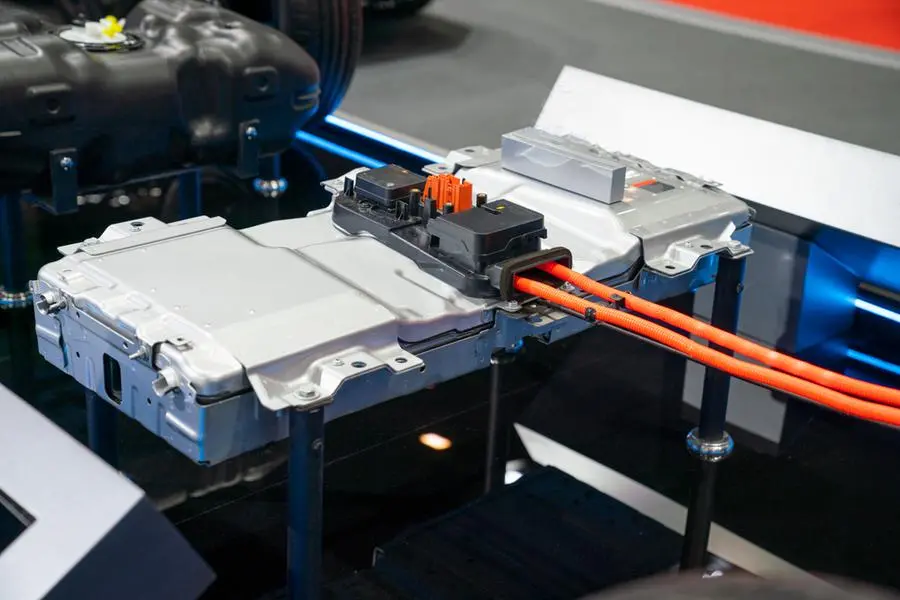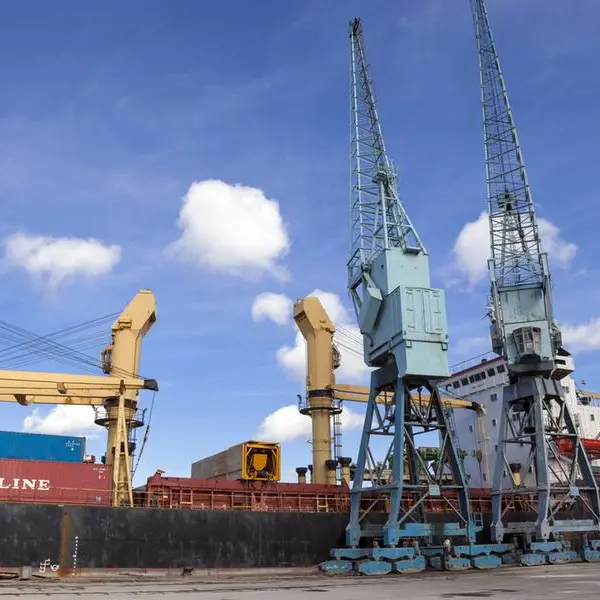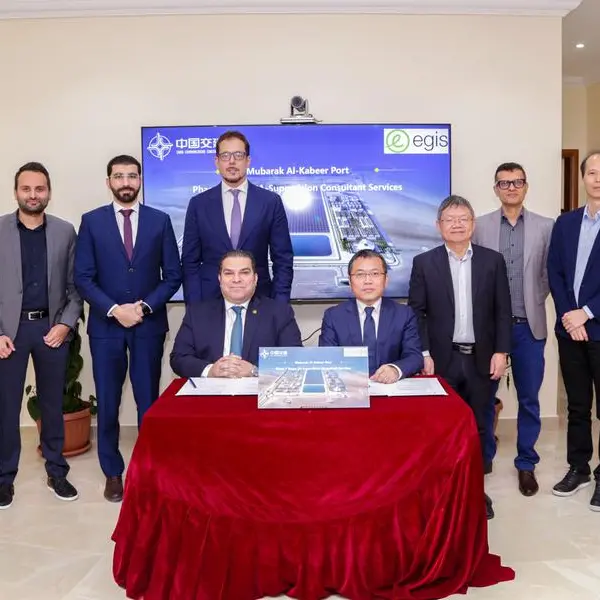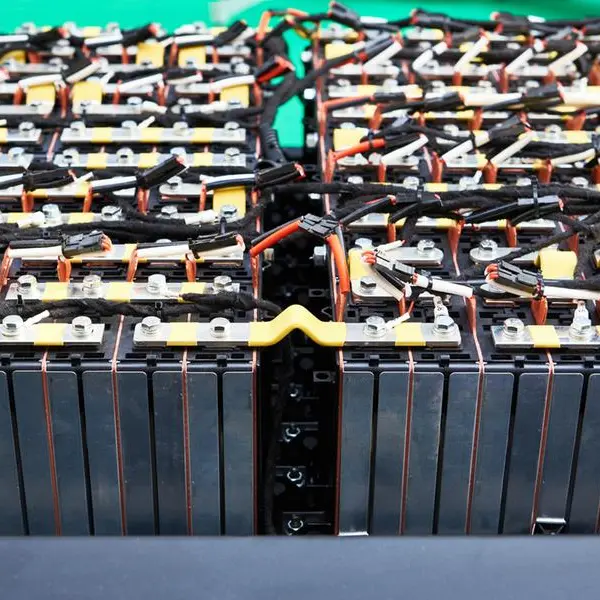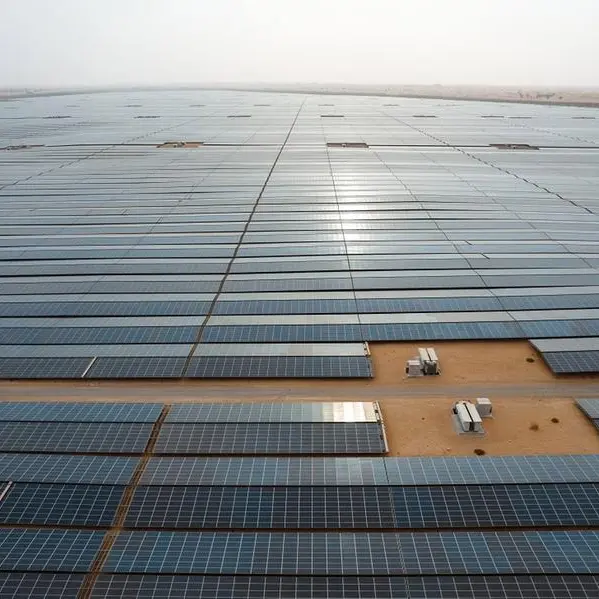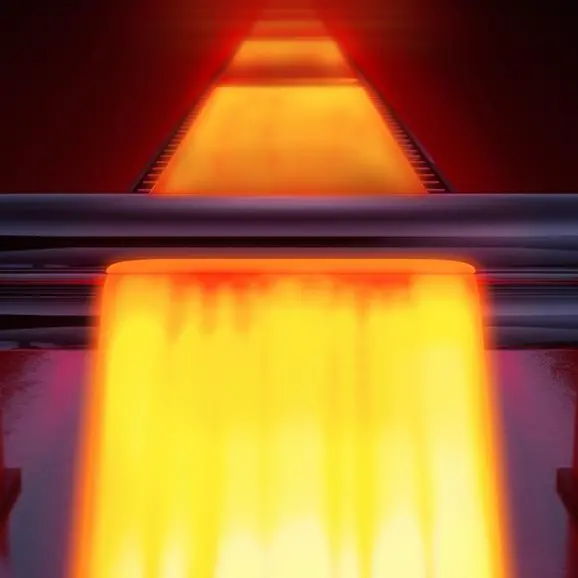PHOTO
BEIJING, 21st July, 2023 (WAM) -- China's traditional export sectors, such as apparel, home appliances, and furniture, have been surpassed by electric vehicles, lithium-ion batteries, and solar batteries as the primary drivers of foreign trade growth, People's Daily reported.
These "new three" industries have contributed to an impressive 61.6 percent year-on-year increase in total export value during the first half of 2023 according to data from the General Administration of Customs. Together these sectors added 1.8 percentage points to China's overall export growth.
Blue Carbon Technology Inc., based in Rizhao city, Shandong Province, is a significant player in this shift. The company manufactures solar cells and lithium-ion batteries, with retail outlets in over 100 countries. During the first five months of the year, the company's exports, including lithium-ion batteries, surpassed 300 million yuan (US$41.6 million).
Another notable aspect is the remarkable growth in Changzhou city, Jiangsu Province, where the combined exports of electric vehicles, lithium-ion batteries, and solar batteries witnessed a substantial increase of 25.3 percent during the period from January to May. Nanjing customs reported staggering export growth rates of 541.6 percent, 64.3 percent, and 8 percent for these respective sectors, amounting to billions of yuan.
A combination of factors, such as production innovation and favorable policies, has facilitated the export growth of these sectors. For instance, Rizhao customs has worked to ensure the safe export of lithium-ion batteries, classified as dangerous goods. Similarly, Changzhou-based Trina Solar has benefited from trade facilitation policies, leading to a surge in the company's exports.
Jiangsu's green trade policies and Linyi's continued efforts to improve customs services further exemplify the state-level commitment to these sectors. As these sectors grow, China's foreign trade structure improves, and the shift towards high-end, smart, and green manufacturing accelerates.
China's competitive pricing and self-developed, controllable core technologies in electric vehicles are contributing to its international competitiveness. This advantage, along with initiatives like BYD's Changzhou project, have led to an increase in exports of auto spare parts and lithium-ion batteries.
